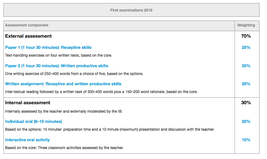 IB Diploma Language Acquisition Assessment Criteria
IB Diploma Language Acquisition Assessment Criteria
In their final two years at our school, our Year 12 and 13’s are preparing for the International Baccalaureate final exams as part of the IB Diploma Programme. For Spanish B (language acquisition) this means they have approximately 12-15 different ‘text types’ that they must be familiar with as any can come up in the exam. In total, between the written assignment, and the written exam paper, their ability to write effectively in Spanish counts for 45-50% of their final mark. Whether I agree with that weighting or not, these are the confines, within which I teach. We would all love to just teach for the love of learning and not have final exams to worry about or prepare students for but that is simply not the reality for the vast majority of High School teachers. We have a responsibility to the students to prepare them for these final examinations whether we like it or not. Nonetheless, I am a strong believer in never allowing the ‘exam’ to dictate our classroom. I trust that if we get them motivated and loving the language, then achieving their own unique potential will come naturally and it will not feel like all we do is practice for examinations… but this is another blog post in itself!
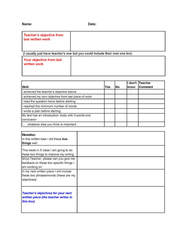 Proforma example in English
Proforma example in English
In step ‘Individual Feedback Sessions’ (IFS) to the rescue. First and foremost, before you ask, yes they do take time and yes it would be a challenge to do in a very big class but after a month of using them, I’m convinced the time investment is worth it. Students still complete a ‘proforma’ but instead of handing this in with their written work, they bring it with them to their IFS along with a printed copy of their text type. The schedule for each student’s IFS is negotiated with the teacher in advance in order to find a time that works for everyone. No longer can there ever be any confusion about deadline dates and submission times for their work as it is always due during their IFS, which is at the same time on the same day every second week. As Spanish B texts are generally 400-600 words, my sessions with students are typically 10-15 minutes in length and take place during free periods if possible, or alternatively during break or after school.
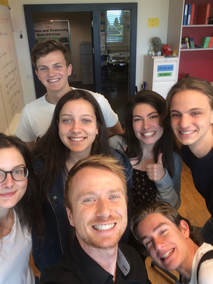 Building relationships is key to success
Building relationships is key to success There are some further, notable, spin-off advantages to this too. First of all, I never have any Year 12 or 13 work home with me in the evening any longer, it is all done there and then with the student beside me. In addition, the students themselves write their Medals and Missions while I sit next to them after we’ve discussed their work. Finally, and for me this is actually a huge benefit, they are getting 15 minutes of chatting in Spanish with the teacher one-on-one, which is also boosting their oral fluency and confidence. By the time those dreaded oral exams roll round they will be very comfortable and used to talking to me in Spanish.
If you have very big classes, you could do them with pairs of students but if possible I thoroughly recommend the time investment as in the long-term, it will be this strong relationship with the student that makes the difference.
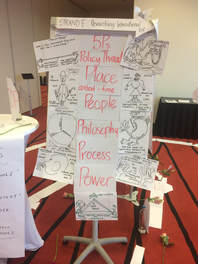
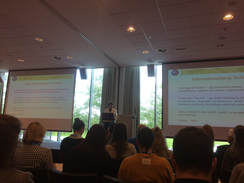
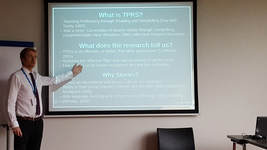
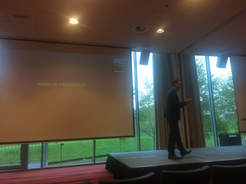

 RSS Feed
RSS Feed